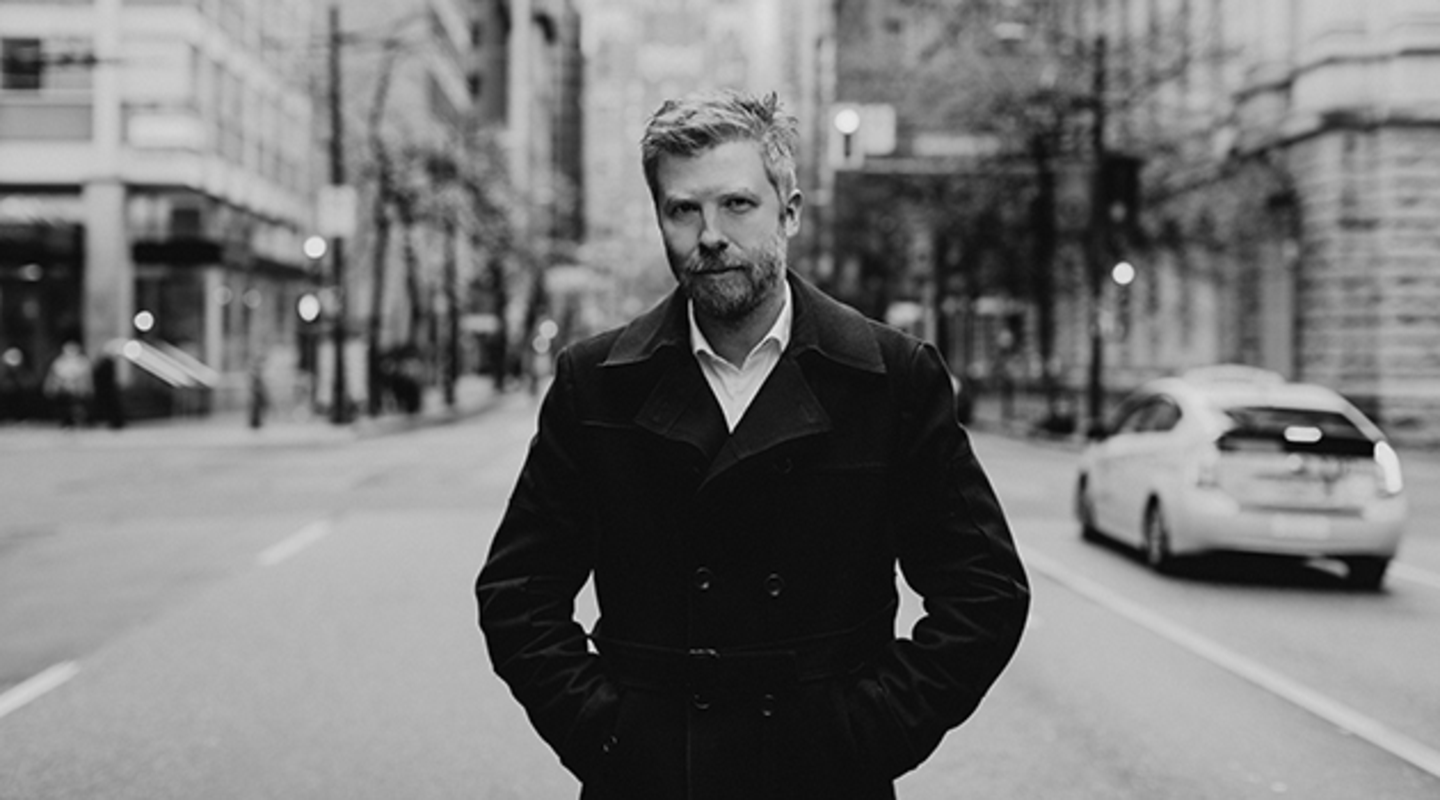Seamus Heffernan has a Master in Criminal Justice from UFV, works as constituency manager for MP Jati Sidhu, is the former Culture and Events Editor for The Cascade, and is a novelist on the side. Heffernan visited Mission’s Lifetime Learning Centre last Thursday, Nov. 1 to discuss his book Napalm Hearts and answer questions. Some time afterwards, I sat in Townhall Public House in Abbotsford with him, and discussed his books, publishing, and tricks of the trade.
Do you have any tricks you use to improve the experience of book readings and other promotional events?
In my experience writers are often not natural extroverts because writing is a very solitary pursuit, and it can be a very lonely one. When their books come out and they have to actually go out and talk to people and promote it, that can be quite daunting. I am very lucky that, both because of my background personally and professionally, I quite enjoy that. I like meeting people, talking to them, and I love hearing their stories. One of the things that I try to hold myself accountable for, is that if people want to talk to me about this book, I will be completely honest. I was a little cagey at first, then I thought, “What are you hiding for?” and people responded positively to me being more open.
You have to contribute to selling the book whether you have a publisher or not. How much more difficult is it, do you think, to be a successful novelist if you don’t have the skills of someone naturally more introverted?
In your past interview with The Cascade Arts Editor Martin Castro, you touched on the importance of being organized as a writer. You claim that is the toughest part for you; what “apparatus” do you put in motion to help you with that?
I think that by far the biggest challenge that people face organizationally is time management. Since I wrote this book I’ve met a lot of people that say “I’d love to write something, I just don’t have time.” You make time for everything else in your life that’s important — your friends, your job, going to the gym — and those sort of things are important, but if you decide writing is going to be important then you have to find time for it. The hardest thing for me was holding myself accountable and saying, “Okay, I have an hour or two here, and I’m going to try and get a few hundred words down.” A few hundred words doesn’t sound like a lot, but you know you do that a couple times a week, maybe 1,000 words a week; in a year that’s a first draft of a book.
Another thing I had to teach myself to do, and I can’t stress this enough: you’ve got to write everything down, absolutely everything. Even though I’m not an extra organized person, I’ve trained myself to always have a notebook, or something handy like my phone where if an idea pops in my head, I can get it down.
Will being a novelist pay the bills? Or will it be a sort of a supplemental income or fun money?
First and foremost, if you are sitting down to write a book as a retirement plan, or to make a ton of money, that’s not going to happen. It could happen, like in the same way you might get hit by lighting.
It is very difficult to make a living as a writer of fiction. And opposite of many people’s expectations, lots of so-called important writers — guys who don’t write genre fiction, people who write literary fiction — they almost never make a living. They have to supplement their income with teaching and other things. Genre fiction, the stuff that I write, like crime, horror, or romance, you do have a chance to make some good money, but again it comes back to what we were talking about earlier, the entrepreneurialism.
Another thing is you have to keep writing. You’ve got to write, write, write. The only way that you get the money through that is you keep pumping out books, constantly; keep growing your mailing list, your fan base. If you want to be Joseph Heller and write a literary novel once every seven years, that would be fantastic. Yet, you might not.
What differences have you experienced with writing your second book?
The first one was a hobby, something I picked away at over a snap of years. It was only in the last few years that I got really serious about it, and started banging it out. But, it was still my decision and my choice when I wrote, my choice to commit to that. It did get much easier the deeper I got into it, because everything started coming together. I felt I always had to continue to see how things are going to turn out in the story, even though I knew how they would turn out.
The second book is definitely more work, and that’s okay. My publisher just signed me for the second book. They have a deadline; I have to meet that deadline. There’s more expectations now. The people who read the first book are going to be expecting to enjoy this one just as much as the first one. My publisher has expectations, both contractual and professional, and they are looking of course to recoup their investment. I would say that the first book was like building a model car when you got home after school when you were a kid, and this one now is like having to build a car because someone is coming to pick it up and pay me for it in a couple months.
When can readers expect to see the next book?
Probably spring/summer 2019. I am hoping to have the first draft in really good shape by the end of this year.


